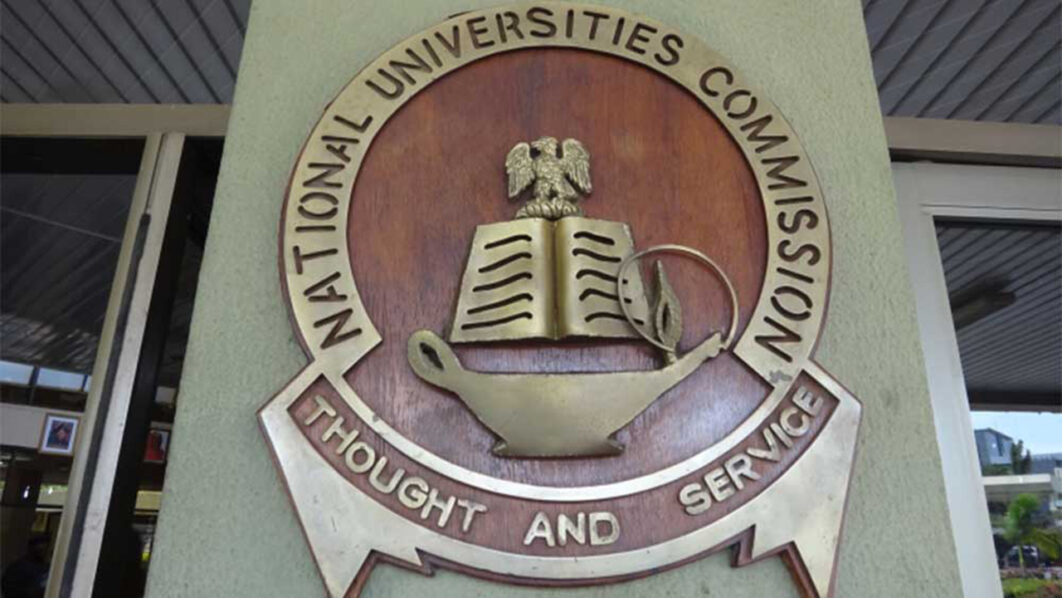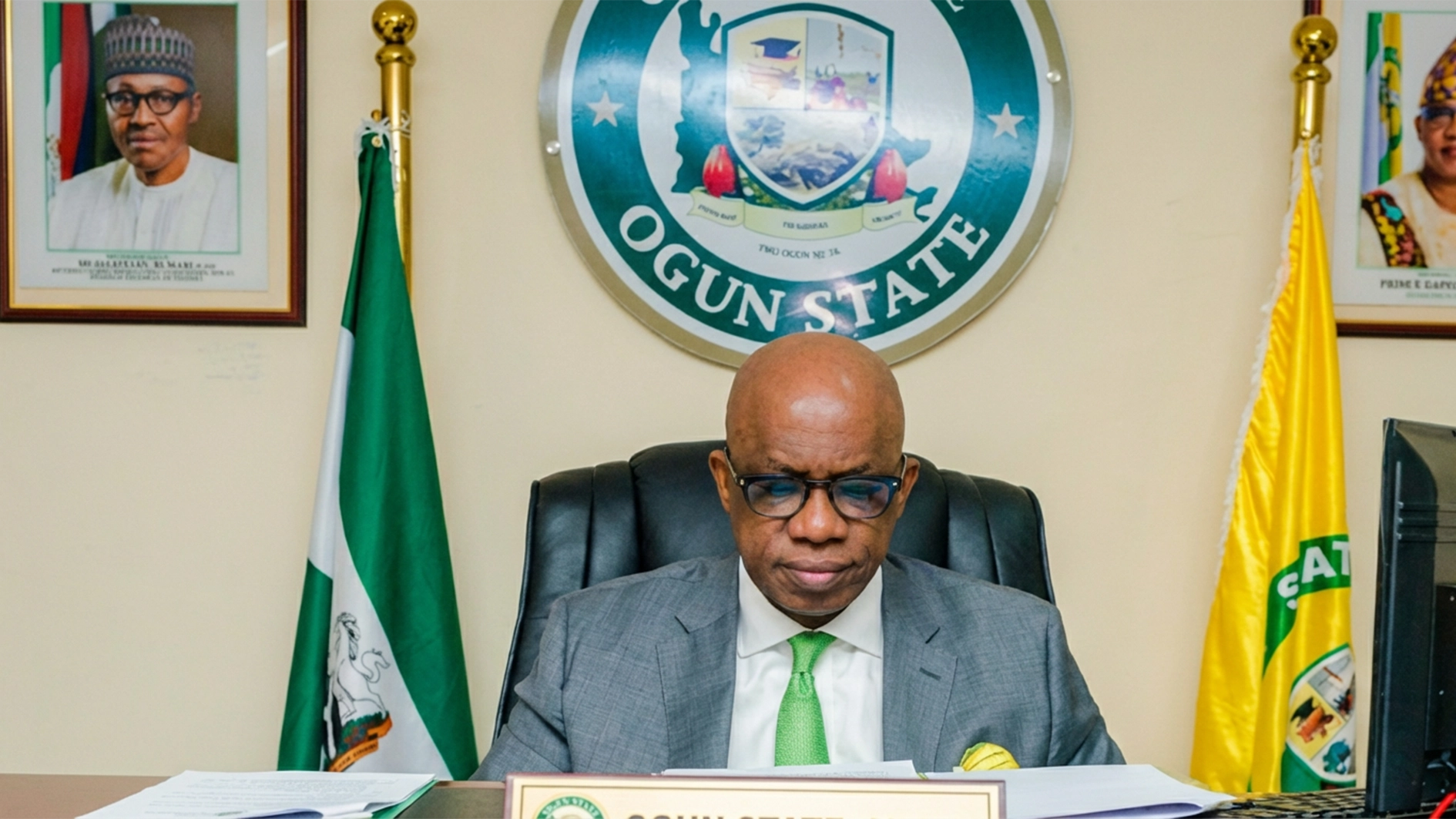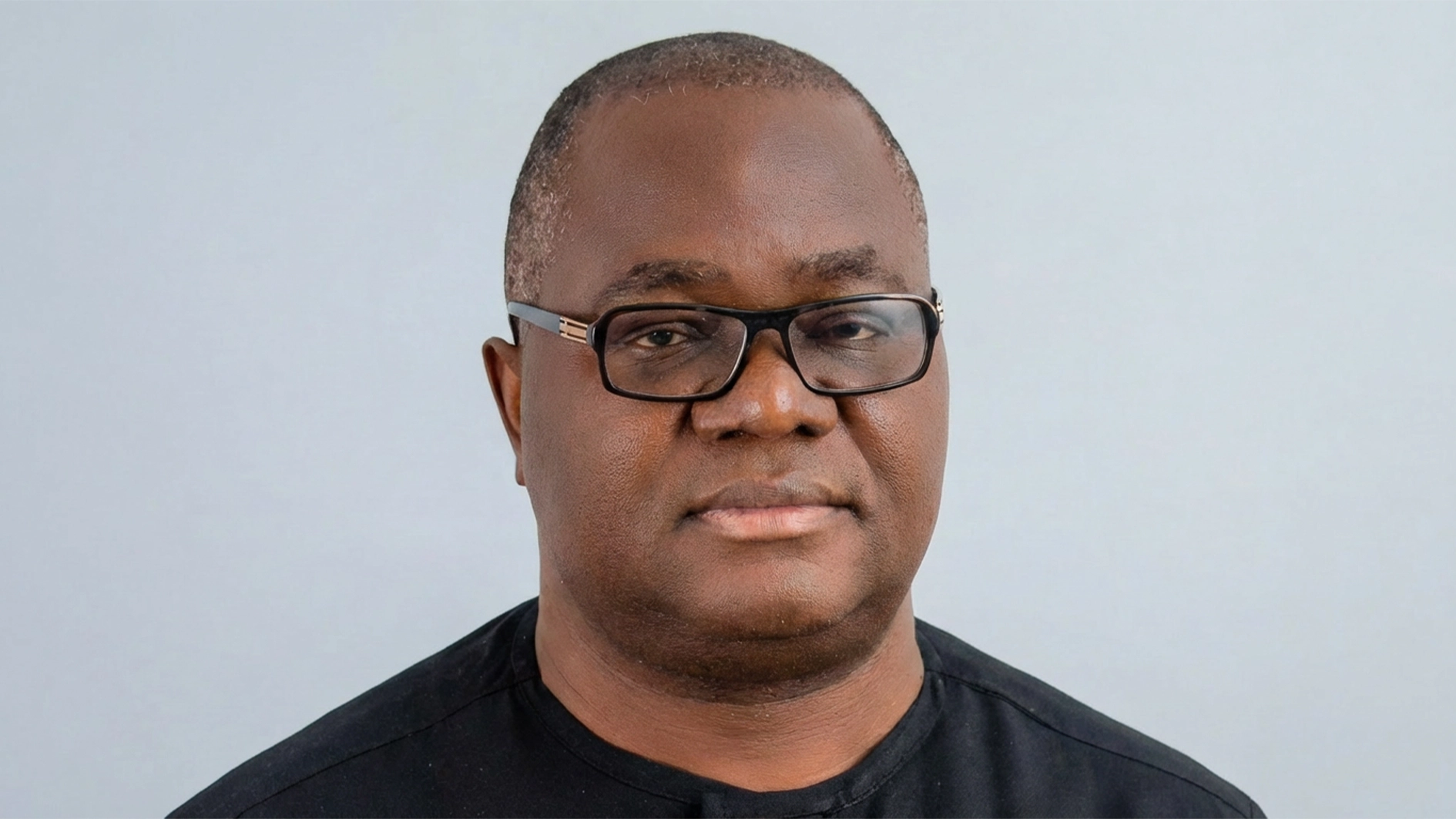
The influence of university rankings in Nigeria has become increasingly significant, shaping the aspirations and decisions of students, parents, and educational institutions. These rankings serve as a benchmark for assessing the quality and reputation of universities, offering insights into their academic excellence, research output, faculty expertise, and overall institutional performance. However, beyond serving as informational tools, rankings deeply affect students’ perceptions of universities, establishing hierarchies of prestige that influence career aspirations and educational choices.
A comprehensive analysis of Nigerian university rankings requires an examination of the key factors that determine institutional standings. These include academic reputation, research output and citations, faculty quality, student-to-faculty ratios, infrastructure, graduate employability, and international collaborations. Each of these factors plays a critical role in shaping the overall ranking of a university and its appeal to prospective students.
By understanding the weight assigned to these criteria and how various universities perform across them, stakeholders can gain deeper insights into the strengths and weaknesses of Nigerian higher education institutions and identify opportunities for growth.
Top-ranking universities in Nigeria consistently excel in these metrics, earning a reputation for academic rigor, robust research contributions, and strong alumni networks. These institutions attract distinguished faculty, boast state-of-the-art facilities, and cultivate a dynamic research culture. As a result, they are highly sought after by students, leading to competitive admission processes and an emphasis on academic achievement. However, a university’s reputation is not solely defined by its ranking; historical significance, alumni impact, and contributions to national development are also essential in determining its overall stature.
The influence of university rankings on Nigerian students is huge. Many prioritise top-ranked institutions, perceiving them as pathways to better job prospects, higher earning potential, and greater social prestige. This preference intensifies competition for admission, often resulting in immense pressure on students to achieve top grades and meet stringent criteria. For students from disadvantaged backgrounds, the emphasis on rankings can be a source of stress and may discourage them from considering institutions that might better align with their interests and aspirations.
Lower-ranked universities in Nigeria face significant challenges that hinder their ability to rise in the rankings. These include limited funding and resources, a shortage of qualified faculty, inadequate infrastructure, weak research cultures, and minimal international collaborations. These obstacles contribute to a cycle of low rankings, restricting opportunities for growth and improvement. Addressing these issues is essential to fostering a more equitable and inclusive higher education system in Nigeria.
Enhancing the rankings of Nigerian universities requires a multifaceted approach. Increased investment in higher education, attracting and retaining top faculty, strengthening research capabilities, improving infrastructure, fostering international collaborations, and promoting innovation and entrepreneurship are all critical strategies. Collaboration between the government, universities, and private sector stakeholders is necessary to implement these improvements and create a more competitive and globally recognised higher education system.
A holistic approach to improving higher education in Nigeria must prioritise quality over rankings. While rankings provide useful benchmarks, the ultimate goal should be to ensure high-quality education and research that benefits students and society. Adequate funding and resources are necessary for institutions to thrive. inclusivity and accessibility are also crucial to ensuring that all Nigerians, regardless of socioeconomic background, have opportunities to pursue higher education. Also, universities must embrace innovation and entrepreneurship to equip students with the skills necessary for success today.
Nigeria can develop a higher education system that is both competitive and inclusive, empowering students to contribute meaningfully to national development and global progress, if these recommendations are implemented
Michael is the CEO/Founder/MD, Next Generation Global Associates Limited.






